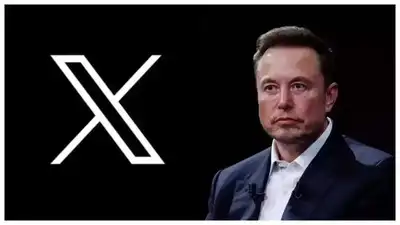6 Minutes Read | Listen to Article

Jeff Bezos once explained why he asked Amazon’s board not to give him extra compensation. In his view, as the founder and largest shareholder, he already had more than enough incentive to stay motivated. Speaking at The New York Times DealBook Summit in 2024, he admitted, “I just didn’t feel good about taking more… how could I possibly need more incentive?” During his years as CEO, Bezos received an annual salary of only eighty thousand dollars, a choice he framed as characteristic of true owner operators, those who grow their wealth by increasing the value of their company rather than collecting additional perks.
Bezos also challenged the very way wealth is measured. Instead of focusing on personal net worth, he suggested a new scoreboard based on the wealth one creates for others. He pointed out that Amazon’s market capitalization stands at over two trillion dollars, meaning that by his own calculation, he has created more than two trillion in value for shareholders, employees, and partners.
This philosophy places Bezos in the company of other iconic leaders in Silicon Valley who embraced symbolic salaries. Mark Zuckerberg has limited his pay to a single dollar since 2013, following the path of Steve Jobs, who famously did the same. Warren Buffett, despite running Berkshire Hathaway, capped his salary at one hundred thousand dollars with no stock bonuses, underscoring his belief in modesty and alignment with investors.
Taken together, these choices reflect a different ethos of leadership, one that emphasizes creating long lasting value over personal accumulation. In this world, true wealth is not measured in how much you take home but in how much prosperity you leave behind for others.
**This news was published on Times of India on 29th August, 2025.
Source Click
 Elon Musk challenges...
Elon Musk challenges...
 Microsoft terminates 4...
Microsoft terminates 4...